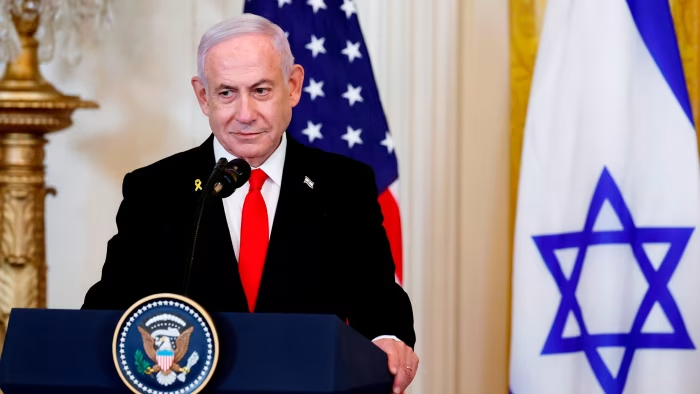In a recent statement, Israel’s Prime Minister underscored the dire situation facing residents of Gaza, asserting that they are effectively trapped within the confines of the enclave amid ongoing conflict. “The people of Gaza have nowhere to go,” he declared, emphasizing the increasing humanitarian crisis that has emerged as military operations continue. The Prime Minister’s remarks highlighted a complex and multifaceted reality, one that intertwines the fate of Gazan civilians with the broader geopolitical landscape.
The Prime Minister attributed the conditions in Gaza not solely to Israeli actions but also to the influence of Hamas, the governing authority in the region. He argued that Hamas’s military strategies and refusal to engage in peace negotiations have exacerbated the plight of ordinary Gazans. “Hamas has created a situation where civilians are caught in the crossfire,” he stated, suggesting that the group’s decisions directly impact the safety and well-being of the population. This perspective invites scrutiny and discussion about the responsibilities of governing bodies during times of conflict.
The Prime Minister emphasized Hamas’s role in exacerbating Gaza’s crisis, highlighting the impact of their decisions on civilian safety.
The humanitarian crisis in Gaza has reached alarming levels, with reports indicating severe shortages of food, water, and medical supplies. The situation is further complicated by ongoing military operations, which have led to significant destruction of infrastructure and displacement of families. The Prime Minister’s assertion that Gazans are trapped resonates with the international community, as various humanitarian organizations call for urgent access to aid and support for the affected populace.
While the Prime Minister’s statements reflect a particular viewpoint, they also open the door to broader discussions regarding accountability and the roles of various stakeholders in the region. Observers note that while Israel’s military actions are often criticized, the internal dynamics within Gaza, including Hamas’s governance and military tactics, play a critical role in shaping the current circumstances. “Understanding the full context is essential for addressing the humanitarian needs,” remarked a regional expert.
As the conflict continues, the challenges faced by Gazans remain pressing, with many urging for a diplomatic resolution that prioritizes human rights and safety. The Prime Minister’s comments serve as a reminder of the complexities involved in the Israeli-Palestinian conflict, where narratives of victimhood and responsibility are often intertwined.
Ultimately, the situation in Gaza demands a nuanced approach, one that considers the actions of both Israeli authorities and local governance as contributing factors to the ongoing crisis.














